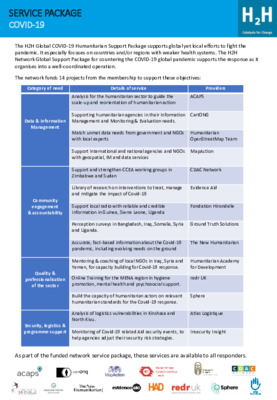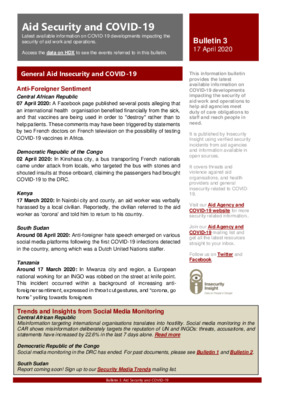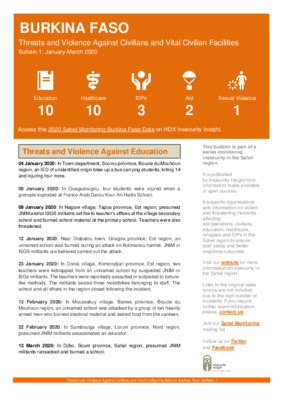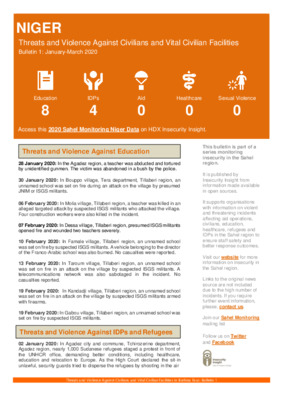Managing the Security of Aid Workers with Diverse Profiles
An aid worker’s personal security is impacted by the interplay between where the aid worker is, who they are, and their role and organisation. As employers, aid organisations have a duty of care to take all reasonable measures to protect their staff from foreseeable risks, including those that emerge due to an aid worker’s personal characteristics – for example, biological sex, gender, ethnicity, cognitive and physical abilities, sexual orientation, etc.
When personal identity characteristics interact with both the context and the aid worker’s role and organisation, the individual’s employing NGO has a duty of care to inform staff of any resulting risk and to put in place measures to mitigate and respond to these risks. The failure to understand how personal profile characteristics impact personal security can have implications for the security of both the team as a whole and for the individual aid worker, as well as causing serious security, legal and reputational issues for employing organisations.
EISF has, therefore, undertaken the following research to better understand whether diversity is systematically addressed by aid organisations within their security risk management systems, and what challenges aid organisations face in relation to managing the security of aid workers while being mindful of their diversity. The primary objectives of this research were to identify examples of good practice, and then provide guidance to aid organisations on how to balance staff security and duty of care obligations while still respecting their employees’ rights to privacy, equality and non-discrimination.
This research paper is targeted at staff members within NGOs who have a responsibility for ensuring the security and wellbeing of staff members – for example, security focal points, HR specialists, and senior managers. This research paper is not targeted at aid workers with minority profiles. All recommendations in this document must be adapted to the specific needs and capacity of each organisation.
Both the summary brief and the full paper can be found on the EISF website.




No comments yet.